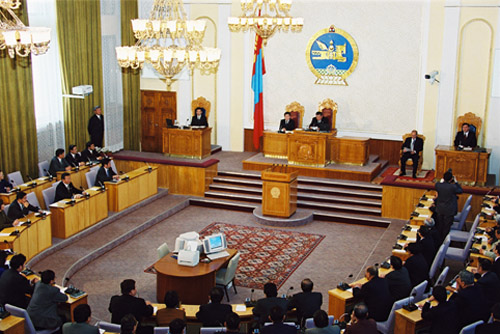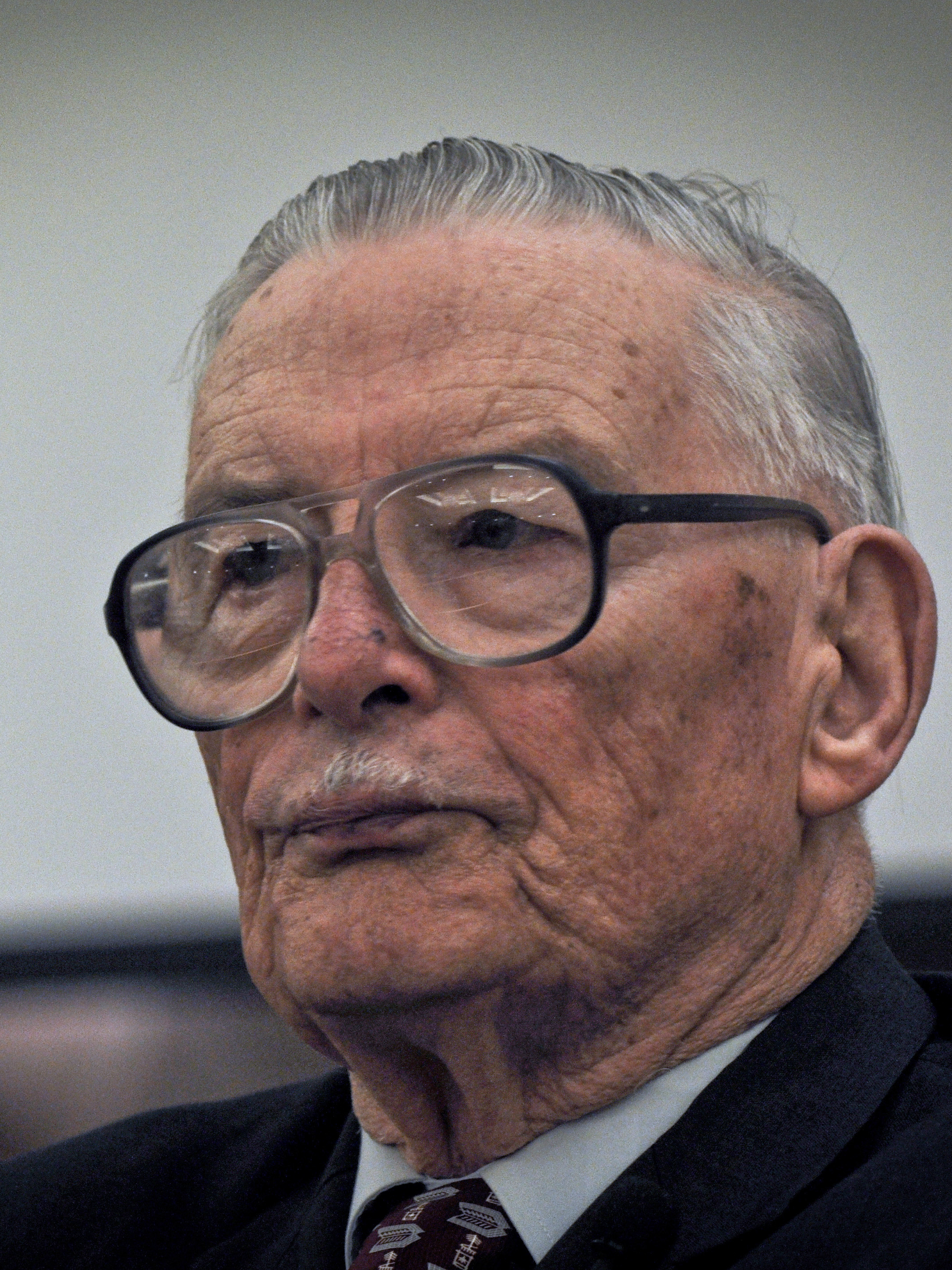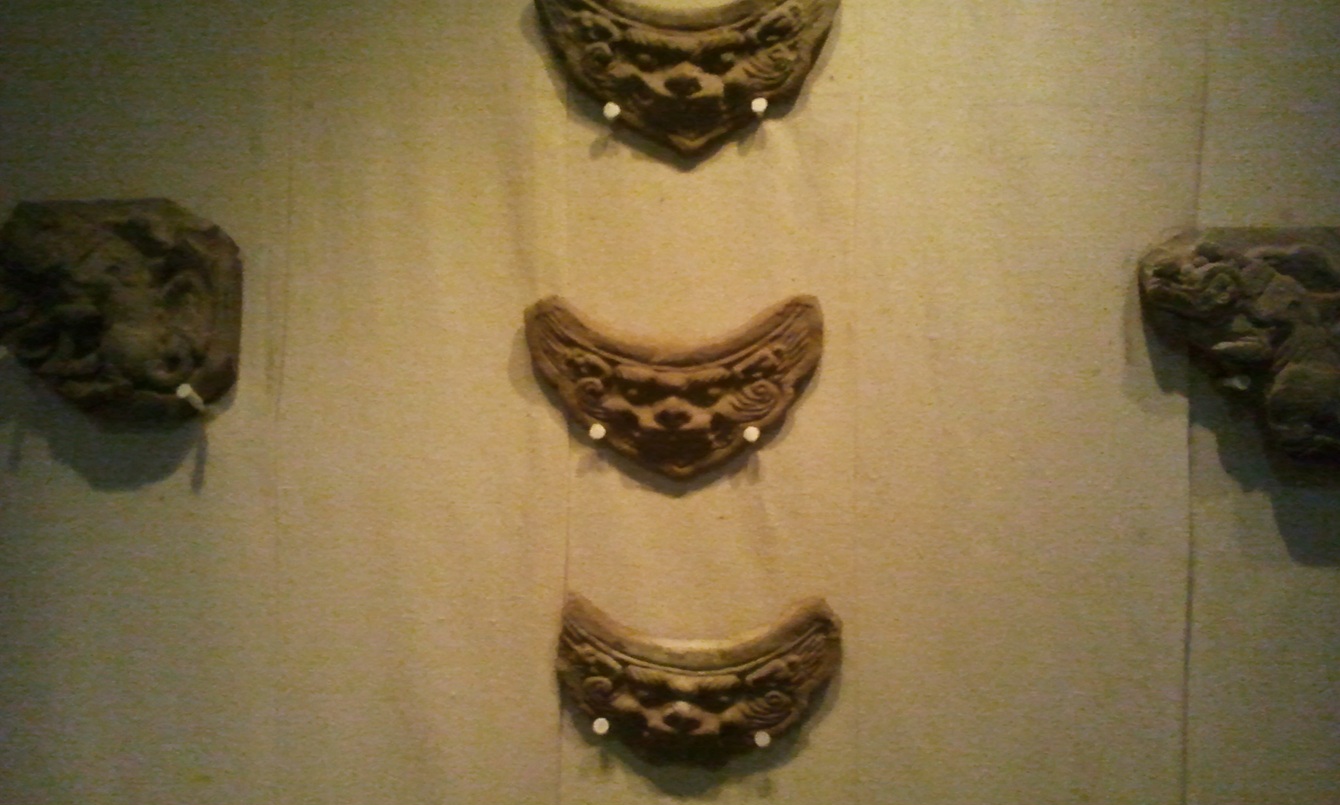|
Constitutional Court Of Mongolia
The Constitutional Court of Mongolia is the highest court in Mongolia responsible for the interpretation of the constitution. Thus, the Constitutional Court has supreme power over the implementation of the Mongolian Constitution. The Court delivers decisions on violations of constitutional procedures and resolves constitutional disputes. All governmental action is subject to the Court.Montsame News Agency. ''Mongolia''. 2006, , p. 42 The Constitutional Tsets consists of nine members. A member of the Tsets must be a citizen of Mongolia who has high legal and political professional standing, is without a criminal record against and has reached 40 years of age. In accordance with the law, the members of the Constitutional Court are appointed by the State Great Hural for a term of six years, with three of them to be nominated by the State Great Hural, three by the President of Mongolia and three by the Supreme Court of Mongolia. Questions regarding laws other than the Constitutio ... [...More Info...] [...Related Items...] OR: [Wikipedia] [Google] [Baidu] |
Mongolia
Mongolia; Mongolian script: , , ; lit. "Mongol Nation" or "State of Mongolia" () is a landlocked country in East Asia, bordered by Russia to the north and China to the south. It covers an area of , with a population of just 3.3 million, making it the world's most sparsely populated sovereign nation. Mongolia is the world's largest landlocked country that does not border a closed sea, and much of its area is covered by grassy steppe, with mountains to the north and west and the Gobi Desert to the south. Ulaanbaatar, the capital and largest city, is home to roughly half of the country's population. The territory of modern-day Mongolia has been ruled by various nomadic empires, including the Xiongnu, the Xianbei, the Rouran, the First Turkic Khaganate, and others. In 1206, Genghis Khan founded the Mongol Empire, which became the largest contiguous land empire in history. His grandson Kublai Khan conquered China proper and established the Yuan dynasty. After the co ... [...More Info...] [...Related Items...] OR: [Wikipedia] [Google] [Baidu] |
Jurisprudence
Jurisprudence, or legal theory, is the theoretical study of the propriety of law. Scholars of jurisprudence seek to explain the nature of law in its most general form and they also seek to achieve a deeper understanding of legal reasoning and analogy, legal systems, legal institutions, and the proper application of law, the economic analysis of law and the role of law in society. Modern jurisprudence began in the 18th century and it was based on the first principles of natural law, civil law, and the law of nations. General jurisprudence can be divided into categories both by the type of question scholars seek to answer and by the theories of jurisprudence, or schools of thought, regarding how those questions are best answered. Contemporary philosophy of law, which deals with general jurisprudence, addresses problems internal to law and legal systems and problems of law as a social institution that relates to the larger political and social context in which it exists.Shi ... [...More Info...] [...Related Items...] OR: [Wikipedia] [Google] [Baidu] |
Judiciary Of Mongolia
The judiciary of Mongolia is made up of a three-tiered court system (first instance, appellate, supreme court) divided into three branches (civil, criminal, administrative cases). For questions of constitutional law there is a separate constitutional court. Besides there are forms of alternative dispute resolution. First instance First instance court types are: * District first instance court for civil cases ( mn, дүүргийн Иргэний хэргийн анхан шатны шүүх / дүүргийн ИХАШ шүүх) * District first instance court for criminal cases () ** Number: 4 each; named after Ulaanbaatar city districts. * Inter-soum first instance court for civil cases () * Inter-soum first instance court for criminal cases () ** Number: 21 each; named after an aimag. * Inter-soum court () ** Number: 8; each named after an aimag's soum. * First instance court for administrative cases (захиргааны хэргийн анхан шатны шүүх / ЗХ� ... [...More Info...] [...Related Items...] OR: [Wikipedia] [Google] [Baidu] |
Constitutional Courts
A constitutional court is a high court that deals primarily with constitutional law. Its main authority is to rule on whether laws that are challenged are in fact unconstitutional, i.e. whether they conflict with constitutionally established rules, rights, and freedoms, among other things. In 1919 the First Austrian Republic established the first dedicated constitutional court, the Constitutional Court of Austria, which however existed in name only until 10 October 1920, when the country's new constitution came into effect, upon which the court gained the power to review the laws of Austria's federal states. The 1920 Constitution of Czechoslovakia, which came into effect on 2 February 1920, was the first to provide for a dedicated court for judicial review of parliamentary laws, but the court did not convene until November 1921. The organization and competences of both courts were influenced by constitutional theories of Hans Kelsen. Subsequently, this idea of having a sep ... [...More Info...] [...Related Items...] OR: [Wikipedia] [Google] [Baidu] |
Government Of Mongolia
Politics of Mongolia takes place in a framework of a Semi-presidential system, semi-presidential Multi-party system, multi-party representative democracy. Executive power is exercised by the Prime Minister of Mongolia, Prime Minister, who is the head of government, and the Cabinet of Mongolia, Cabinet. The President of Mongolia, President is the head of state, but holds limited authority over the executive branch of the government, unlike full presidential republics like the United States. Legislative power is vested in parliament. The Judiciary is independent of the executive and the legislature. Socialist period and single party government Shortly after the Outer Mongolian Revolution of 1921, Mongolian Revolution of 1921, Mongolia adopted a one-party socialist republican Mongolian People's Republic, constitution modelled after the Politics of the Soviet Union, Soviet Union; only the communist party — the Mongolian People's Party, Mongolian People's Revolutionary Party (MPRP) ... [...More Info...] [...Related Items...] OR: [Wikipedia] [Google] [Baidu] |
Law Of Mongolia
Law is a set of rules that are created and are enforceable by social or governmental institutions to regulate behavior,Robertson, ''Crimes against humanity'', 90. with its precise definition a matter of longstanding debate. It has been variously described as a science and as the art of justice. State-enforced laws can be made by a group legislature or by a single legislator, resulting in statutes; by the executive through decrees and regulations; or established by judges through precedent, usually in common law jurisdictions. Private individuals may create legally binding contracts, including arbitration agreements that adopt alternative ways of resolving disputes to standard court litigation. The creation of laws themselves may be influenced by a constitution, written or tacit, and the rights encoded therein. The law shapes politics, economics, history and society in various ways and serves as a mediator of relations between people. Legal systems vary between jurisdictions, ... [...More Info...] [...Related Items...] OR: [Wikipedia] [Google] [Baidu] |
Rule Of Law
The rule of law is the political philosophy that all citizens and institutions within a country, state, or community are accountable to the same laws, including lawmakers and leaders. The rule of law is defined in the ''Encyclopedia Britannica'' as "the mechanism, process, institution, practice, or norm that supports the equality of all citizens before the law, secures a nonarbitrary form of government, and more generally prevents the arbitrary use of power." The term ''rule of law'' is closely related to constitutionalism as well as ''Rechtsstaat'' and refers to a political situation, not to any specific legal rule. Use of the phrase can be traced to 16th-century Britain. In the following century, the Scottish theologian Samuel Rutherford employed it in arguing against the divine right of kings. John Locke wrote that freedom in society means being subject only to laws made by a legislature that apply to everyone, with a person being otherwise free from both governmental and ... [...More Info...] [...Related Items...] OR: [Wikipedia] [Google] [Baidu] |
Judiciary
The judiciary (also known as the judicial system, judicature, judicial branch, judiciative branch, and court or judiciary system) is the system of courts that adjudicates legal disputes/disagreements and interprets, defends, and applies the law in legal cases. Definition The judiciary is the system of courts that interprets, defends, and applies the law in the name of the state. The judiciary can also be thought of as the mechanism for the resolution of disputes. Under the doctrine of the separation of powers, the judiciary generally does not make statutory law (which is the responsibility of the legislature) or enforce law (which is the responsibility of the executive), but rather interprets, defends, and applies the law to the facts of each case. However, in some countries the judiciary does make common law. In many jurisdictions the judicial branch has the power to change laws through the process of judicial review. Courts with judicial review power may annul the laws and r ... [...More Info...] [...Related Items...] OR: [Wikipedia] [Google] [Baidu] |
Constitutional Economics
Constitutional economics is a research program in economics and constitutionalism that has been described as explaining the choice "of alternative sets of legal-institutional-constitutional rules that constrain the choices and activities of economic and political agents". This extends beyond the definition of "the economic analysis of constitutional law" and is distinct from explaining the choices of economic and political agents within those rules, a subject of orthodox economics. Instead, constitutional economics takes into account the impacts of political economic decisions as opposed to limiting its analysis to economic relationships as functions of the dynamics of distribution of marketable goods and services. Constitutional economics was pioneered by the work of James M. Buchanan. He argued that "The political economist who seeks to offer normative advice, must, of necessity, concentrate on the process or structure within which political decisions are observed to be made. Exis ... [...More Info...] [...Related Items...] OR: [Wikipedia] [Google] [Baidu] |
Ulan Bator
Ulaanbaatar (; mn, Улаанбаатар, , "Red Hero"), previously anglicized as Ulan Bator, is the capital and most populous city of Mongolia. It is the coldest capital city in the world, on average. The municipality is located in north central Mongolia at an elevation of about in a valley on the Tuul River. The city was originally founded in 1639 as a nomadic Buddhist monastic center, changing location 28 times, and was permanently settled at its current location in 1778. During its early years, as Örgöö (anglicized as Urga), it became Mongolia's preeminent religious center and seat of the Jebtsundamba Khutuktu, the spiritual head of the Gelug lineage of Tibetan Buddhism in Mongolia. Following the regulation of Qing-Russian trade by the Treaty of Kyakhta in 1727, a caravan route between Beijing and Kyakhta opened up, along which the city was eventually settled. With the collapse of the Qing Empire in 1911, the city was a focal point for independence efforts, leading ... [...More Info...] [...Related Items...] OR: [Wikipedia] [Google] [Baidu] |
Constitutionalism
Constitutionalism is "a compound of ideas, attitudes, and patterns of behavior elaborating the principle that the authority of government derives from and is limited by a body of fundamental law". Political organizations are constitutional to the extent that they "contain institutionalized mechanisms of power control for the protection of the interests and liberties of the citizenry, including those that may be in the minority". As described by political scientist and constitutional scholar David Fellman: Definition Constitutionalism has prescriptive and descriptive uses. Law professor Gerhard Casper captured this aspect of the term in noting, "Constitutionalism has both descriptive and prescriptive connotations. Used descriptively, it refers chiefly to the historical struggle for constitutional recognition of the people's right to 'consent' and certain other rights, freedoms, and privileges. Used prescriptively, its meaning incorporates those features of government s ... [...More Info...] [...Related Items...] OR: [Wikipedia] [Google] [Baidu] |




.jpg)